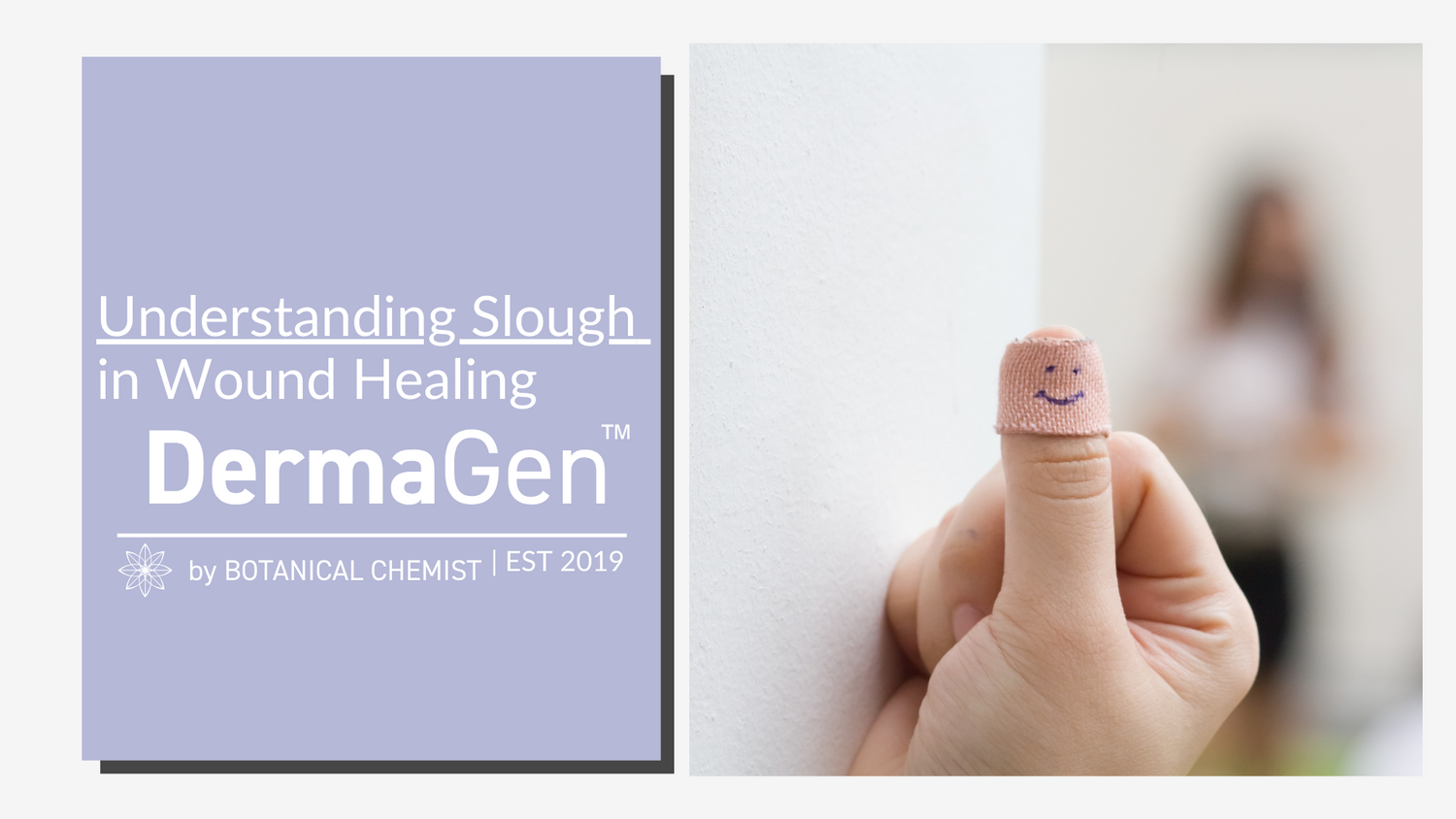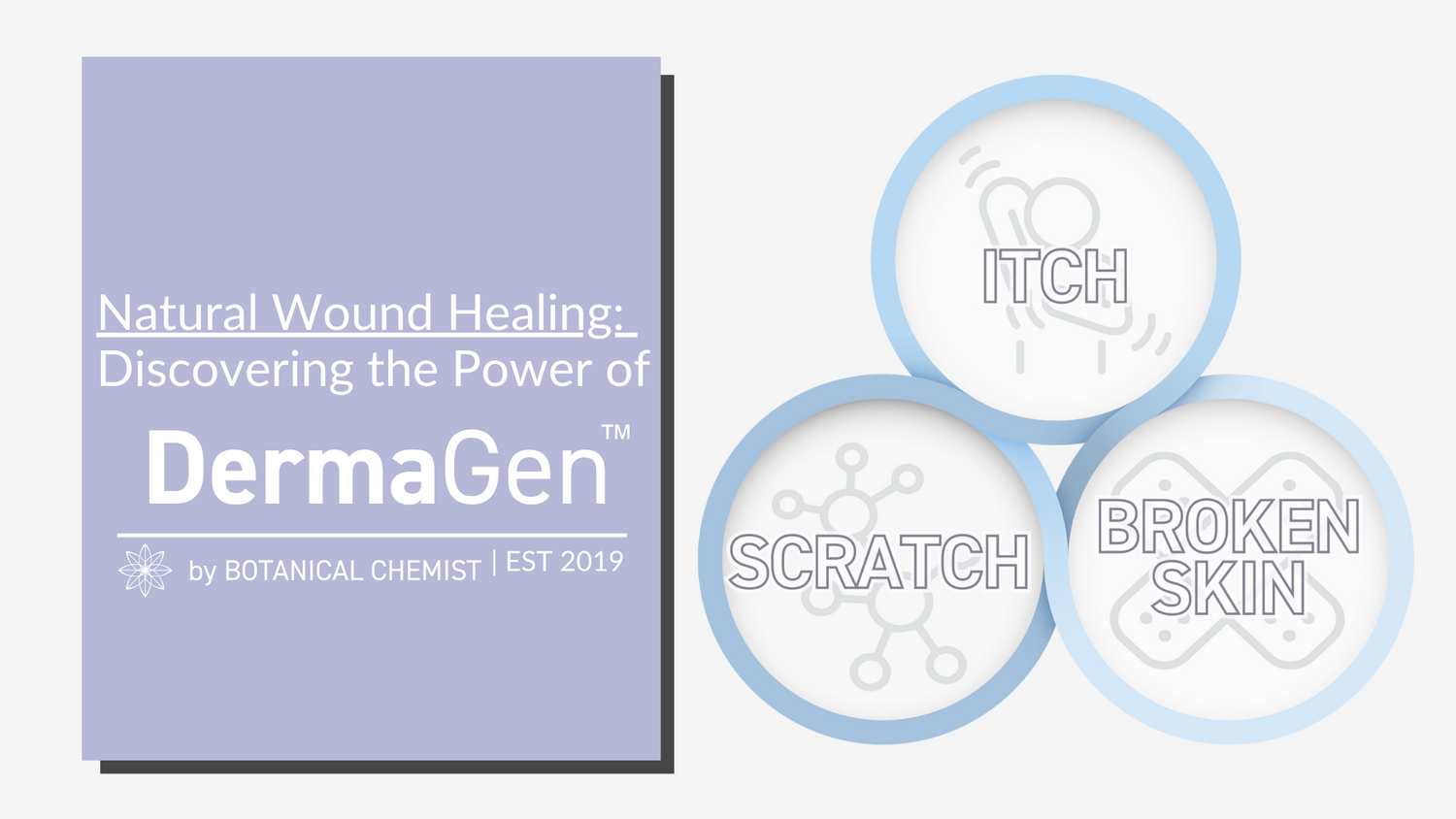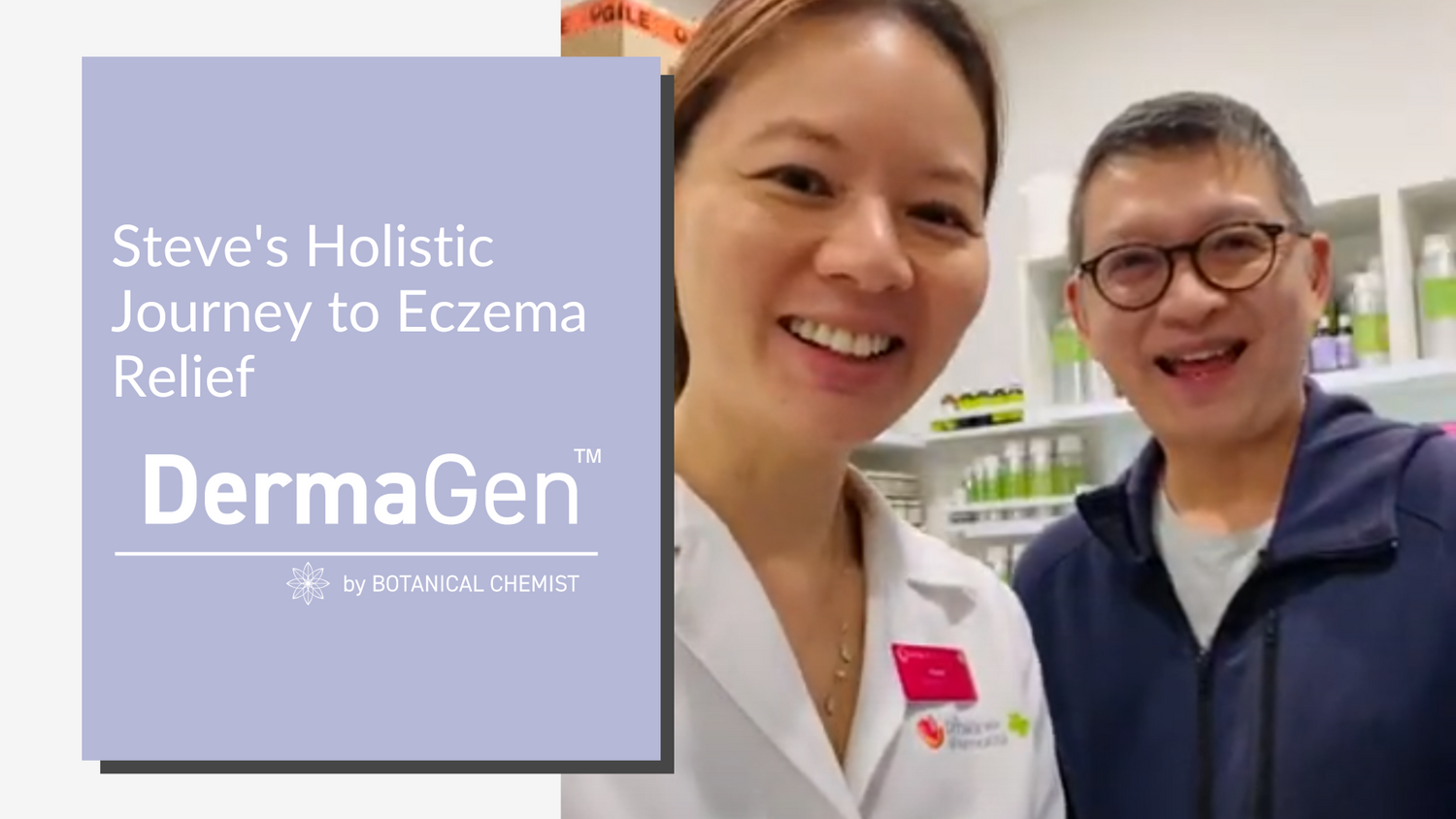Dealing with pimples and acne can be frustrating, and it's not just a problem for teenagers. Many adults also struggle with breakouts, and it can be challenging to find effective solutions without resorting to harsh chemicals or expensive treatments.
The good news is that there are natural ways to manage pimples and acne that are both effective and gentle on your skin.
In this blog, we'll explore some of the best natural remedies and lifestyle changes that can help you achieve clearer, healthier skin.
Acne, a common skin condition that affects people of all ages, is primarily caused by four main factors.
Understanding these 4 factors can help in the prevention and treatment of acne.
1. Excess oil production:
Sebaceous glands in the skin produce an oily substance called sebum, which is essential for keeping our skin moisturized and supple.
However, when these glands produce an excessive amount of sebum, it can lead to acne.
Overproduction of sebum can be triggered by various factors, including hormonal changes (such as during puberty or menstruation), genetics, or certain medications.
2. Hair follicles clogged by oil and dead skin cells:
Hair follicles, the tiny sacs from which hairs grow, can become clogged with a mixture of sebum and dead skin cells.
When this occurs, the trapped oil and skin cells can cause the follicle to swell, resulting in the formation of a pimple or a comedo (blackhead or whitehead).
Factors like poor hygiene, excessive sweating, or use of oily cosmetics can contribute to clogged hair follicles.
3. Bacteria:
The skin is home to various types of bacteria, including Propionibacterium acnes (P. acnes). In normal amounts, P. acnes does not cause any harm, but when hair follicles become clogged, it provides an ideal environment for these bacteria to multiply.
As P. acnes bacteria break down the trapped sebum, they release byproducts that can cause inflammation and redness, leading to the development of acne lesions like pimples, pustules, or cysts. Fortunately, we have tested our Manuka Oil and have found it to be effective at inhibiting P.acnes. This gives us a natural option for reducing the bacteria that causes acne, as well as supporting skin healing and decreasing skin redness and inflammation.
4. Excess activity of a type of hormone (androgens):
Androgens are hormones that regulate the development of male characteristics, but they are also present in females.
These hormones can stimulate the sebaceous glands to produce more sebum, which contributes to acne formation.
Excess androgen activity can be due to puberty, polycystic ovary syndrome (PCOS) in women, or certain medical conditions like congenital adrenal hyperplasia.

Factors that may worsen acne
Androgens Hormones
During puberty, the increase in androgen hormones in both boys and girls can cause the sebaceous glands to enlarge and produce more sebum, which can lead to acne breakouts.
Additionally, hormonal changes during pregnancy or while taking oral contraceptives can also affect sebum production.
If you suspect that hormones may be the root cause of your acne, seeking advice from an integrated doctor who specializes in hormone health or a naturopath with specific training in hormones could be beneficial.
They can help you identify any underlying hormonal imbalances and suggest natural ways to manage your acne.
Medications
Certain medications, such as those containing corticosteroids, testosterone, lithium, or hormonal contraceptives like the pill or IUD, have been known to worsen acne.
If you are experiencing acne while taking medication, it is important to speak with your healthcare provider to determine if the medication may be contributing to the problem.
Diet
Studies have suggested that certain dietary factors, such as carbohydrate-rich foods like bread, bagels, and chips, as well as skim milk, can worsen acne due to their inflammatory effects on the body.
Inflammation is a major factor in the development and exacerbation of acne. Carbohydrate-rich foods can cause a spike in blood sugar levels, leading to an increase in insulin production, which in turn triggers the release of androgens, hormones that stimulate the sebaceous glands to produce more sebum.
This excess sebum can clog pores and contribute to the formation of pimples and acne.
Similarly, studies have found that skim milk can increase the production of insulin-like growth factor 1 (IGF-1), a hormone that has been linked to acne.
By reducing the consumption of these inflammatory foods and opting for a healthier, balanced diet, individuals can help manage and reduce the occurrence of acne.
Stress
Stress triggers the release of certain hormones, such as cortisol and adrenaline, which can increase sebum production and inflammation in the skin.
In addition, stress can also impair the immune system and make it harder for the body to fight off bacteria that contribute to acne.
Furthermore, stress can cause people to engage in behaviors that may exacerbate acne, such as picking or touching the face, and neglecting proper skincare routines.
All of these factors can lead to more frequent and severe breakouts during times of stress.

Skin after two weeks of using the Anti-Redness Cream twice a day and a few drops of the Active 8 Serum once a day.
Effective acne and pimple treatment and management tips
1. Our Natural Anti-Redness Cream is formulated with Propolis and Manuka Oil as active ingredients to aid in skin repair.
By promoting the healing process, this cream minimizes the appearance of scars and gradually fades existing blemishes.
Unlike antibiotic creams, which may become less effective over time due to bacterial resistance, our Natural Anti-Redness Cream is designed for regular use without the risk of tolerance or resistance development.
While antibiotic creams are often prescribed for limited periods (12-16 weeks) to minimize resistance, our cream offers a sustainable solution for maintaining clear, radiant skin.
2. Treat the spots or acne lesions with a dab of our Propolis or Manuka Oil balm to help reduce skin redness and reduce the bacteria that causes acne and pimples.
3. For more stubborn spots, apply a few drops of Active 8 Serum on clean skin, and gently massage in. Alternatively, you can add a few drops of the serum to your normal moisturiser for extra calming and hydration.


 Incorporate whole foods and antioxidants, while reducing refined carbohydrates to improve health.
Incorporate whole foods and antioxidants, while reducing refined carbohydrates to improve health.
Omega 3, 6, and 9 rich foods and supplements, such as olive oil and fish/krill oil, are great addition to your diet to combat inflammation.

Hydrate Your Way to a Healthier You:
The benefits of drinking water for flushing toxins. enhance liver function with milk thistle and dandelion supplements for efficient toxin elimination.
Improving Gut Health and Reducing Inflammation for Optimal Wellness
A healthy gut is the foundation of overall wellness, as it plays a critical role in nutrient absorption, immune function, and the regulation of inflammation. Lactoferrin, probiotics, and S. Bourlardii are three powerful supplements that have been shown to improve gut health and reduce inflammation.
Lactoferrin is a protein found in milk that has potent antibacterial, antiviral, and anti-inflammatory properties.
It helps to protect the gut from harmful bacteria, viruses, and other pathogens while promoting the growth of beneficial gut bacteria. This can lead to reduced inflammation, improved digestion, and enhanced immune function.
Probiotics are live bacteria that are found in certain foods and supplements. They can help to restore the balance of healthy gut bacteria and improve digestion, immune function, and overall gut health. S.
Bourlardii is a specific strain of probiotic that has been shown to reduce inflammation, improve gut function, and protect against certain types of infections.
Incorporating lactoferrin, probiotics, and S. Bourlardii into your diet or supplement regimen can be a great way to support optimal gut health and reduce inflammation.
If you are still unsure or have other underlying medical condition, speak with a healthcare professional before starting any new supplement regimen to ensure safety and efficacy.





